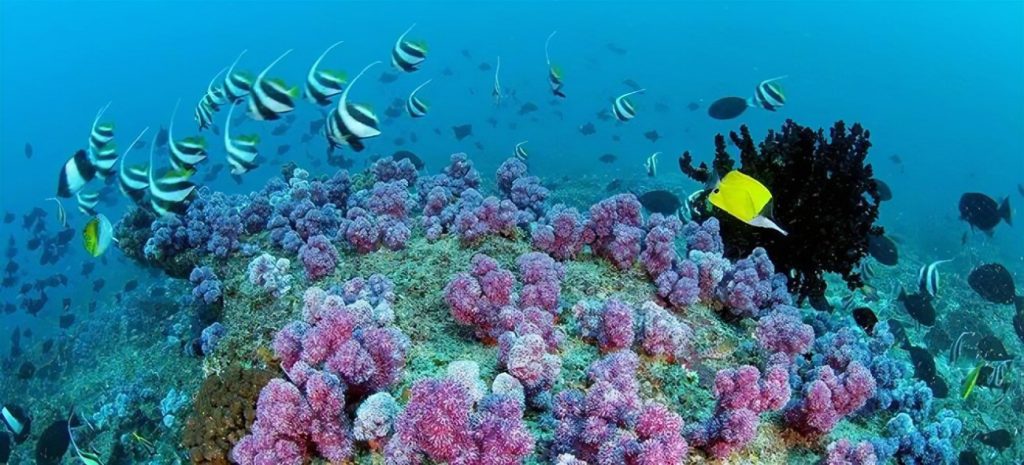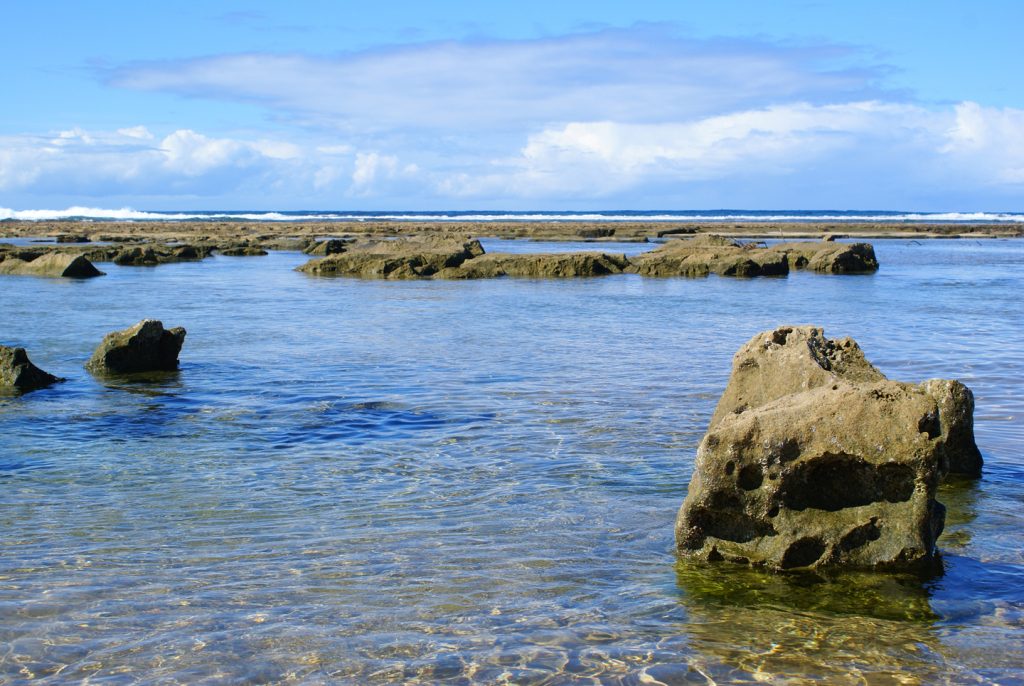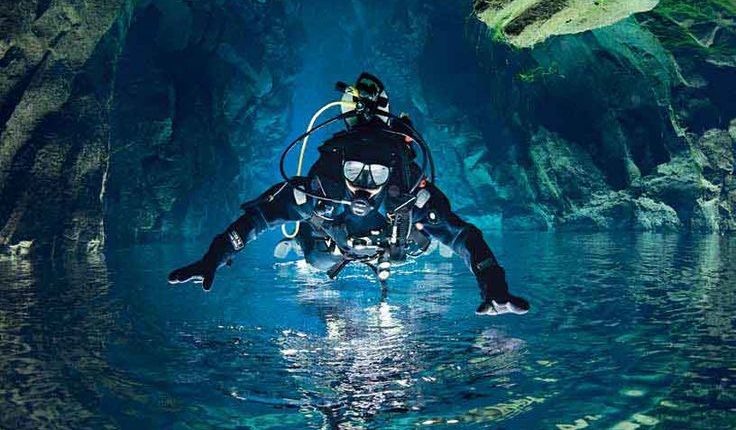Diving Paradises On Four Continents
If you’re looking for a physically active yet relaxing, mentally stimulating and spiritually uplifting adventure, diving amid the wonders of a coral reef may be the ultimate answer. But where should you go, especially if you have a taste for something and somewhere a bit out of the way?
Here are four corners of paradise for the discerning reef diver, teeming with wondrous wildlife but still needing truckloads of tourists.

ERITREA
Eritrea has perfect coral reefs untouched by humans and teeming with aquatic life in all the colours of the rainbow. At the bottom of the sea, you’ll find sunken wrecks, ships, tanks, rocket launchers and even a complete dry dock. In the Dahlak coral reefs, you can find 250 species of fish, as well as sharks, dolphins, barracuda, tuna, caranx – narrow-bodied fish with wide forked tails – and dugong, the near-extinct sea cow.
Dugongs are large enough not to have many predators; on the other hand, they have a long life span and are slow breeders, which makes them vulnerable to threats. See them while you can. It would be best if you had a visa to visit Eritrea. There are good hotels to stay in, but sleeping on the beach is free and fun.
BELIZE
The Barrier Reef off Ambergris Caye (island) lies about a kilometre off the island’s windward side. At about 300 km, it is the longest barrier reef in the Western Hemisphere and the second longest in the world, after the Great Barrier Reef off Queensland.
Inside the reef, the water is shallow and blue-tinged; Outside the reef, the water is deep and, seen from the air, looks a dark royal blue. Near Ambergris Caye, the reef almost touches land, and here it is magnificent, almost so! Id wall of coral formations, broken only by narrow channels called “quebradas”. The coral is astonishing in its endless variety of shapes and colours: rainbow-tinged tropical fish, delicate sea fans, sponges and gorgeous coral gardens.
Beyond the reef, the seabed drops sharply in a series of layers to massive depths, where gamefish such as mackerel, tuna, sailfish and marlin.
To the east of the Barrier Reef, there are three separate atoll reefs, which run northeast-southwest and are separated by deep marine trenches. Just to the north, in Mexican waters, is a fourth atoll reef, Banco Chinchorro, with ample wrecks to explore.

SOUTH AFRICA
Tropical sunshine and the warm Agulhas current have allowed the formation of a unique coral reef at Sodwana, about 400 km north of Durban near the Mozambique border. The reef is home to over 1200 species of reef fish and hosts visits from mantas, whale sharks, Zambezi sharks, humpback whales and dolphins.
Sodwana Bay – “little one on its own” in Zulu – is one of the most popular dive sites, being easily accessible by road from Durban and enjoying temperatures averaging a pleasant 24 ° -28 ° C. Many shallow coastal pools are suitable for snorkelling, with interesting reef formations and fish life.
AUSTRALIA
Yes, of course, there’s the Great Barrier Reef, but for something different bit, think about Ningaloo Reef, which is off the town of Exmouth, pretty much as far west as you can go in Australia (flights from Perth daily).
Ningaloo Reef is a fringing, rather than a barrier reef because it is quite close to the shore, and only shallow water separates land and reef. This intricate reef system stretches over 260 km and, at some points, is only meters from the beach. It is home to myriad marine animals, including the largest fish in the world and the rare whale shark, some specimens of which grow to 18 meters in length. Whale sharks visit the Ningaloo Reef between March and June, looking for plankton to eat. Humpback whales, manta rays, loggerheads, and hawksbill turtles can also be seen in their season.
The little damselfish, which hide in the coral, the colourful and conspicuous wrasses, the exquisitely patterned and graceful butterflyfish and the similarly gorgeous angelfish, abundant cardinalfish and parrotfish all contribute to making this an environment of rare splendour, impressive as a diving destination all year round.
